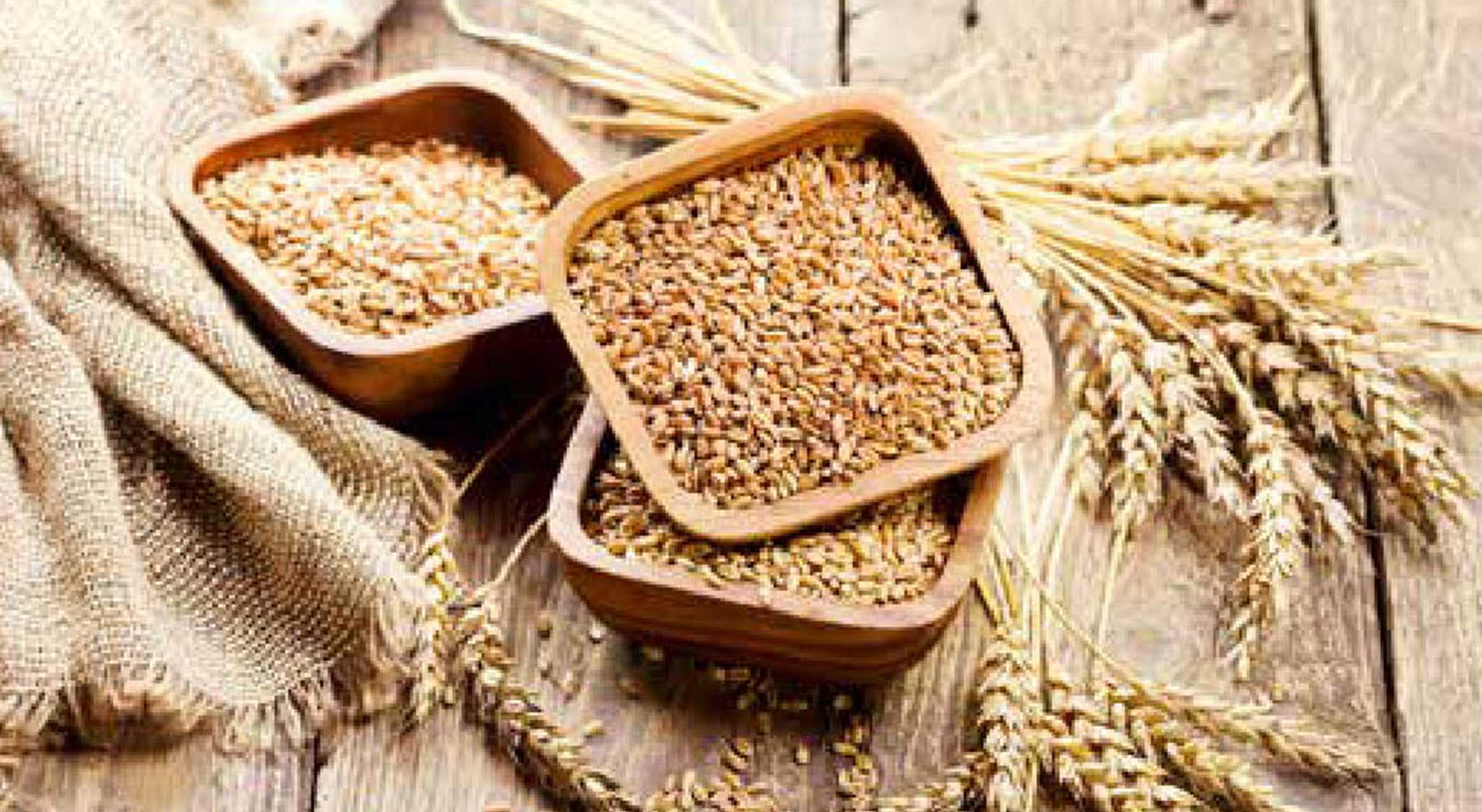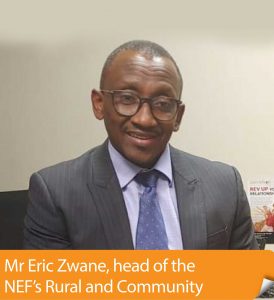
Golden Dice
NEF funds Golden Dice to improve South Africa’s food security
The outbreak of the COVID-19 pandemic has sparked widespread fears whether there will be sufficient food supplies at affordable prices for the country over the lockdown period. To address this anxiety, one of the businesses that has benefited from the NEF COVID-19 Fund is Golden Dice Foods, which has R6 million for the purchase of additional machinery, repairs to existing machinery and working capital in order increase the product range and capacity of the milling company.
“Golden Dice Foods is a milling company which manufactures and packages grain commodities for wholesalers and the consumer market. The business has been in existence for 25 years and specialises in the milling and manufacturing of maize and mabele products as well as the packaging and distribution of dry agricultural products such as beans, popcorn, sugar and fowl feed. It offers products under two brands, namely Selcro and Golden Dice. Some of our key clients include Makro, CBW Group, OK Foods, Spar, ICC and Elite Group. The business was bought as a going concern and has built significant brand equity over the years,” says Acting CEO, Mr Selvan Naicker.
When President Cyril Ramaphosa declared a national lockdown that took effect from midnight on 26 March 2020 in order to curb the spread of the Coronavirus, he asserted that business directly involved in the manufacture of food would not be affected by the lockdown as they are an essential service providing food to millions of South Africans.

“Golden Dice is one such company involved with the manufacture of maize meal which is a staple food to the majority of South Africans. With the decline of beans, maize meal and samp in various stores, Golden Dice approached the NEF for funding to increase capacity and produce much needed products in the country during this period. The funding would also assist Golden Dice to increase the range of products it sells into the market. This transaction allows the NEF to increase its funding in a key sector of the economy, agro-processing, which will allow Golden Dice to participate in delivering essential products to the South African market when it is desperately needed,” says Mr Eric Zwane, head of the NEF’s Rural and Community Development Fund, which supports medium-sized businesses with start-up, expansionary and transformative finance.
He says the current national food shortage will see Golden Dice becoming a major player in the industry, “and the this will result in greater sustainability for the business. Once the plant has been sufficiently capacitated following this funding approval, output will be doubled without affecting the selling prices to the customer due to the plant’s improved efficiencies”.
“Golden Dice currently produces about 100 metric tons (mt) of product per month for Goseame School Feeding scheme, and the local retail and wholesale business has been growing steadily with more and more customers coming on stream,” adds Mr Naicker.
Golden Dice employs 25 staff members and the approved COVID-19 funding will result in 10 new positions opened for general factory workers as well as packers, bringing the number of jobs created to 35. 80% of the new intake of bean sorters and packagers will be women.
In 2015 the NEF approved funding for the acquisition of Golden Dice, which resulted in the business being black owned, with 32% held by the Employee Trust, 19% by Mapo Holdings (Pty) Ltd, and the 49% balance by the NEF for future transfer to black partners and staff, when the business reaches maturity, concludes Mr Zwane.






